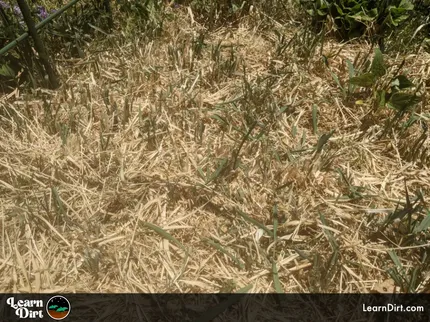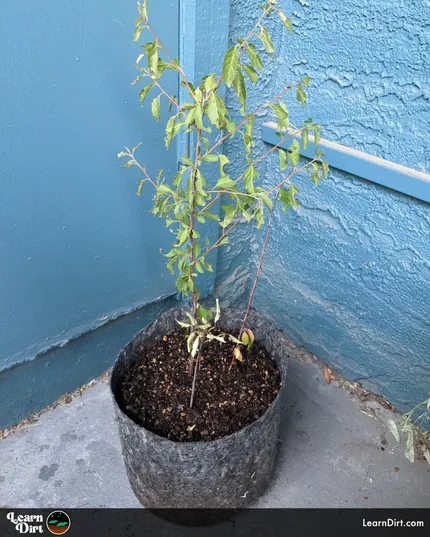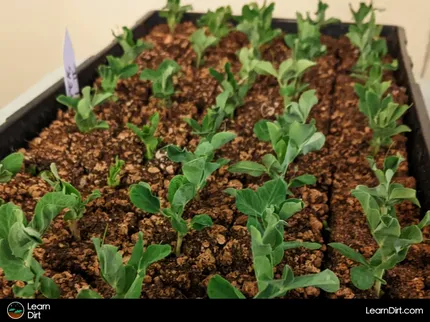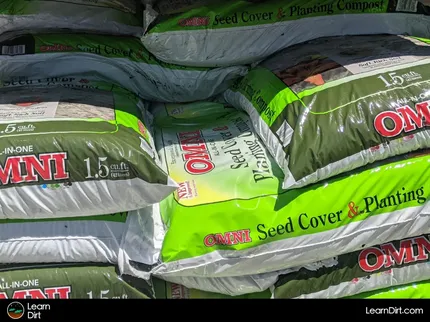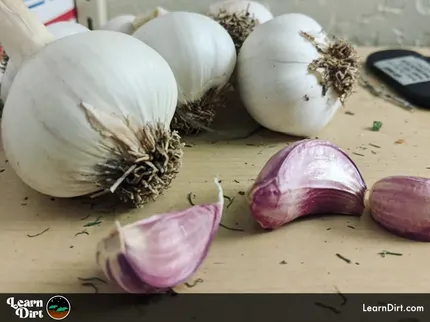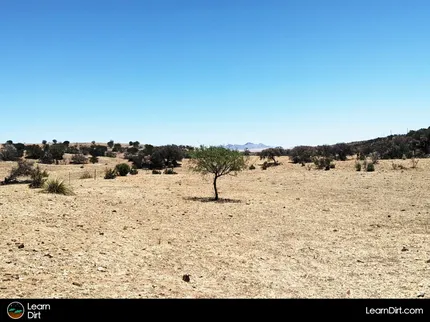Table of Contents
- What Are Root Exudates?
- Why Do Plant Roots Exude Carbon?
- How Is Carbon Exchanged for Nutrients?
- Always Have Roots in the Soil
* Our articles never contain AI-generated slop *
Atmospheric carbon needs to find a way from the air into the soil microbiome - that's where plant root exudates come in.
What Are Root Exudates?
Root exudates are the substances which are exuded from plant and tree roots.
That means that roots release substances, namely carbon-based sugars, from their roots.
Disclaimer: This post may contain affiliate links. Refer to the privacy policy for more information.
While you may think that plant roots are only used for uptake of water and nutrients, they are also constantly expressing carbon sugars from their roots as well.
Why Do Plant Roots Exude Carbon?
You may wonder why plants would exude anything from their roots at all, especially something valuable like carbon which they need.
The truth is that plants act as carbon pumps, photosynthesizing CO₂ along with sunlight power to create large amounts of solid-form carbon.
Most plants create so much solid-form carbon that they can't use it all themselves.
This in great news for the soil biome - which is completely reliant upon plants for their carbon.
How Is Carbon Exchanged for Nutrients?
Plants don't simply provide carbon via their root exudates for no reason - they're making an exchange.
Join The Grower's Community
A free & open space for anyone who is passionate about cultivation 🌱
Check It Out!
The carbon-based sugars that their roots exude is an attractive food source for mycorrhizal fungi and bacteria - which colonize the plant roots.
These fungi and bacteria provide numerous benefits to plants in exchange - offering up nutrients, water, and even fungal communication networks to plants.
As decomposers, the fungi and bacteria can break down and access nutrients that plant roots can't on their own. Plants provide the carbon that these decomposers can't readily access on their own.
This creates a symbiosis where plants trade their abundant carbon to decomposers for their abundant nutrients and water so that everyone gets fed.
Always Have Roots in the Soil
One of the guiding principles in regenerative agriculture is to always have roots in the soil.
Not only do plant roots help stabilize soils and prevent erosion, but they pump their carbon down into the soil and feed the entire microbiome with it.
Without roots in the soil, for instance if gardens and fields are allowed to remain fallow for extended periods of time, the carbon food source for the soil biology isn't present and the entire microbiome begins to starve and collapse.
Plant roots aren't just helpful, they're a critical component of a healthy microbiome.
This is wy regenerative and permaculture growers alike both strive to never leave soil unplanted under any circumstances.
The old notion that overworked soils should be allowed fallow periods to "rest" actually results in mass microbiome die-off. Notice that nature rarely leaves soils bare when left to herself, quickly covering bare soil with "weeds."
Many of the weeds that yau fight against are nature trying to cover, protect, and feed the soil where you haven't planted it.
That's all for now, thanks for reading!
If you have any questions, comments, or would like to connect with fellow gardeners, head on over to the forum and post there.

![Black Dirt Live Again [Blue]](/media/product_images/black-dirt-live-again-[blue]_sticker_260x260.png)


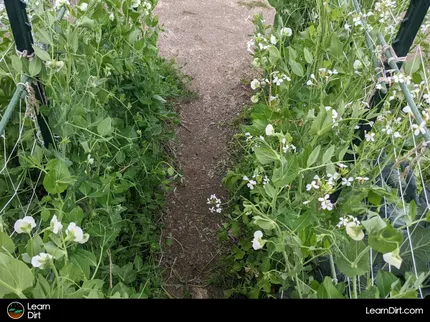
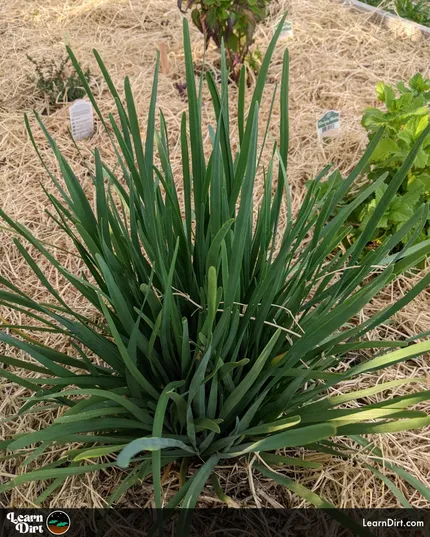

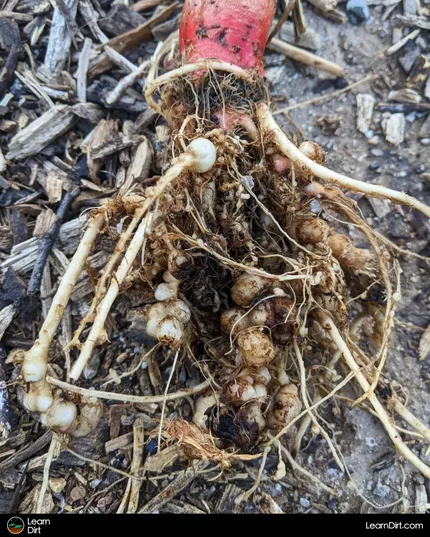
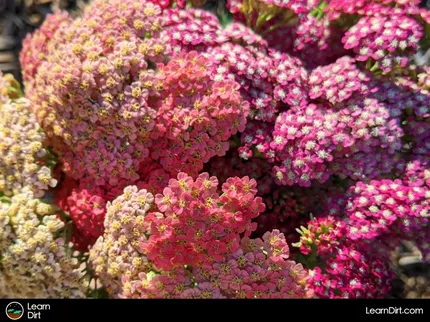

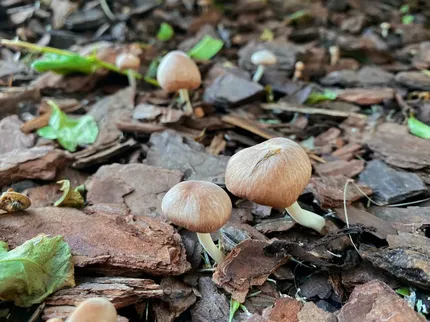
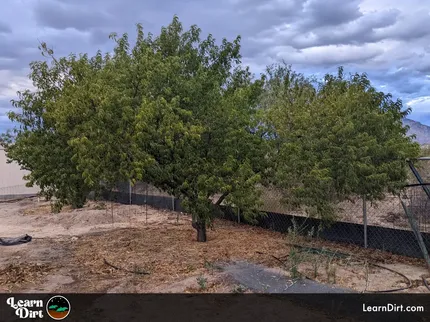



![Don't Till Away Your Carbon [Neon] Sticker](/media/product_images/dont-till-away-your-carbon-[neon]_sticker_260x260.png)

